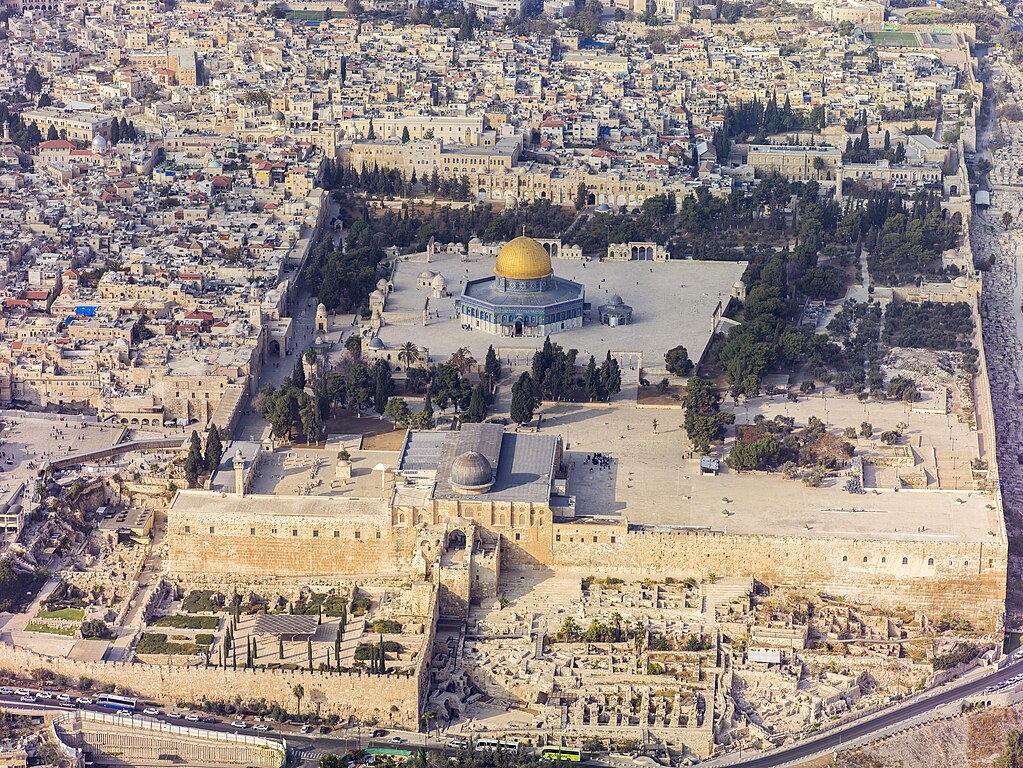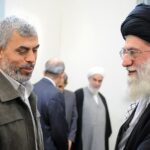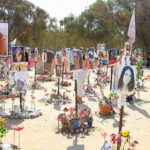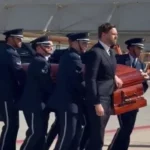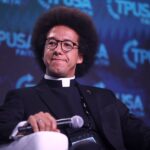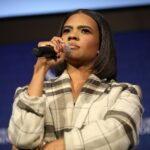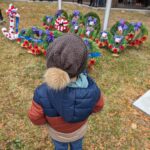Historical Essays, International Politics
Zionism, Jew-hatred, and Israel’s Independence Day
On April 24, 1949, Israel celebrated the first anniversary of statehood with a torch-lighting ceremony. Five Arab nations had invaded Israel the day after David Ben-Gurion proclaimed the establishment of the State of Israel on May 14, 1948. On that first Independence Day, hostilities with Syria were still ongoing; war with Egypt, which retained control of the Gaza Strip, had ended in February; Lebanon had made peace in March; Jordan, which retained control of the West Bank and East Jerusalem, signed an armistice (which Iraq deferred to) earlier that month.
Israel’s 77th Independence Day took place, once again, in wartime. This year, the now-traditional torch-lighting ceremony at Jerusalem’s Mount Herzl was canceled due to massive wildfires and strong winds in the Jerusalem Hills. A pre-recorded torch lighting was broadcast instead; torch bearers included representatives of the IDF, former hostages, American commentator Ben Shapiro, and anonymous members of Mossad who contributed to the September 2024 pager attack against Hezbollah in Lebanon.
The ceremonies took place against a backdrop of the ugliest surge of antisemitism since the Second World War. As with all of Israel’s wars, the conflict in Gaza has attracted fierce criticism. The Palestinian narrative—that the creation of Israel itself was the “Nakba” (“catastrophe”) is becoming popular. A staggering 53% of Americans have a negative view of Israel, and the term “Zionist” is increasingly used as a slur by both Left and Right. A population explosion of pundits posing as experts on Zionism have been informing their audiences that Israel’s founding was itself a mistake.
Several years ago, I interviewed a man who was there the night Israel was reborn. Sol Bloom was 22 years old in 1947, newly married, and living in Jerusalem. The ancient city held its breath as the world voted on the fate of a Jewish state. Journalists Larry Collins and Dominique Lapierre described the moment it began in Flushing Meadows, New York—the UN headquarters in Manhattan were still under construction. Shortly after five o’clock on Saturday, November 29, 1947, the Assembly President read the slip of paper containing the name of the first country to vote: “Guatemala”:
At his words, a terrible silence settled over the Assembly. Even the press gallery fell quiet. For an instant, the three hundred delegates, the spectators, the newsmen, seemed united in awe of the moment before them, in their awareness of the grave and solemn decision about to be taken. The delegate of Guatemala rose. As he did, suddenly, from the spectators’ gallery, a piercing cry sundered the silence of the Assembly hall, a Hebrew cry as old as time and the suffering of men: “Ana Ad Hoshiya! O Lord, save us!”
He did. As news of the Partition vote traveled, Jewish neighborhoods in the Lower East Side, Brooklyn, and the Bronx exploded in celebration. Thousands of people poured into the streets; Jews danced the hora in Times Square and along Second Avenue; 20,000 packed Madison Square Garden for a celebratory rally. It was midnight when the news arrived in Jerusalem. Sol Bloom heard around two in the morning. He and his wife got out of bed and headed into the streets to join the throngs.
“Coming down the road was an armored British car,” he told me. “The guy driving the car was happy, because maybe he could get out of Palestine, where the Jews and Arabs were killing each other. We danced and we sang. In 70 A.D., the Romans destroyed the Second Temple. It was that night, with me and my wife, that we had the first symbol of the recreation of Israel.” Across the city, a harsh, primeval cry split the night: the sound of shofars rising from courtyards and synagogues across the City of God.
Before he died in 2020, Bloom was one of the few remaining eyewitnesses to some of the most pivotal moments of those early, desperate days. A member of the Haganah, he smuggled guns across rooftops, went on reconnaissance missions to scrutinize the strength of Arab militias, and saw off the doomed “Convoy of 35” Palmach and Haganah fighters to relieve the besieged settlement of Gush Etzion in January 1948. Bloom had originally been selected to join the convoy but was pulled at the last minute. The men who went were all butchered by hundreds of Arab militia and villagers.
READ THE REST OF THIS COLUMN AT THE EUROPEAN CONSERVATIVE


